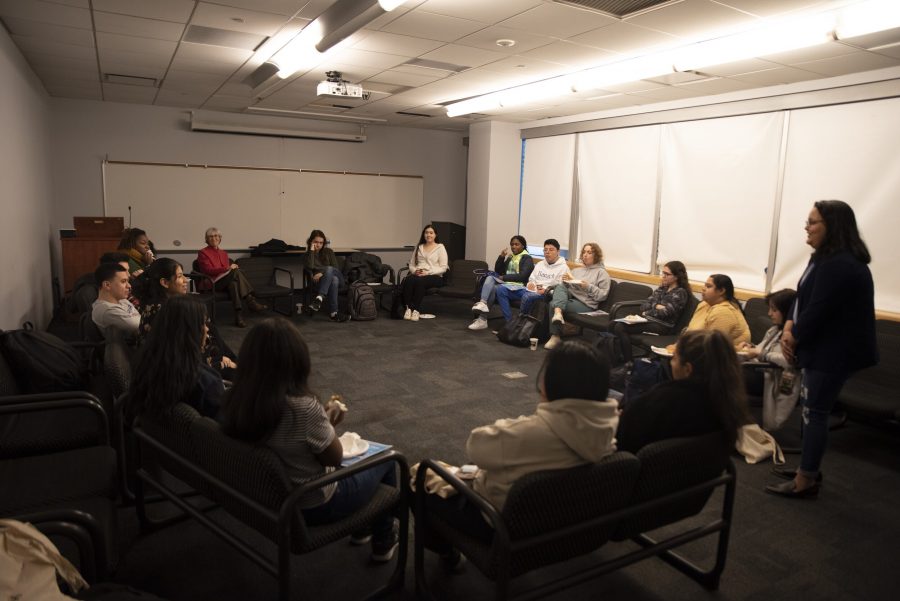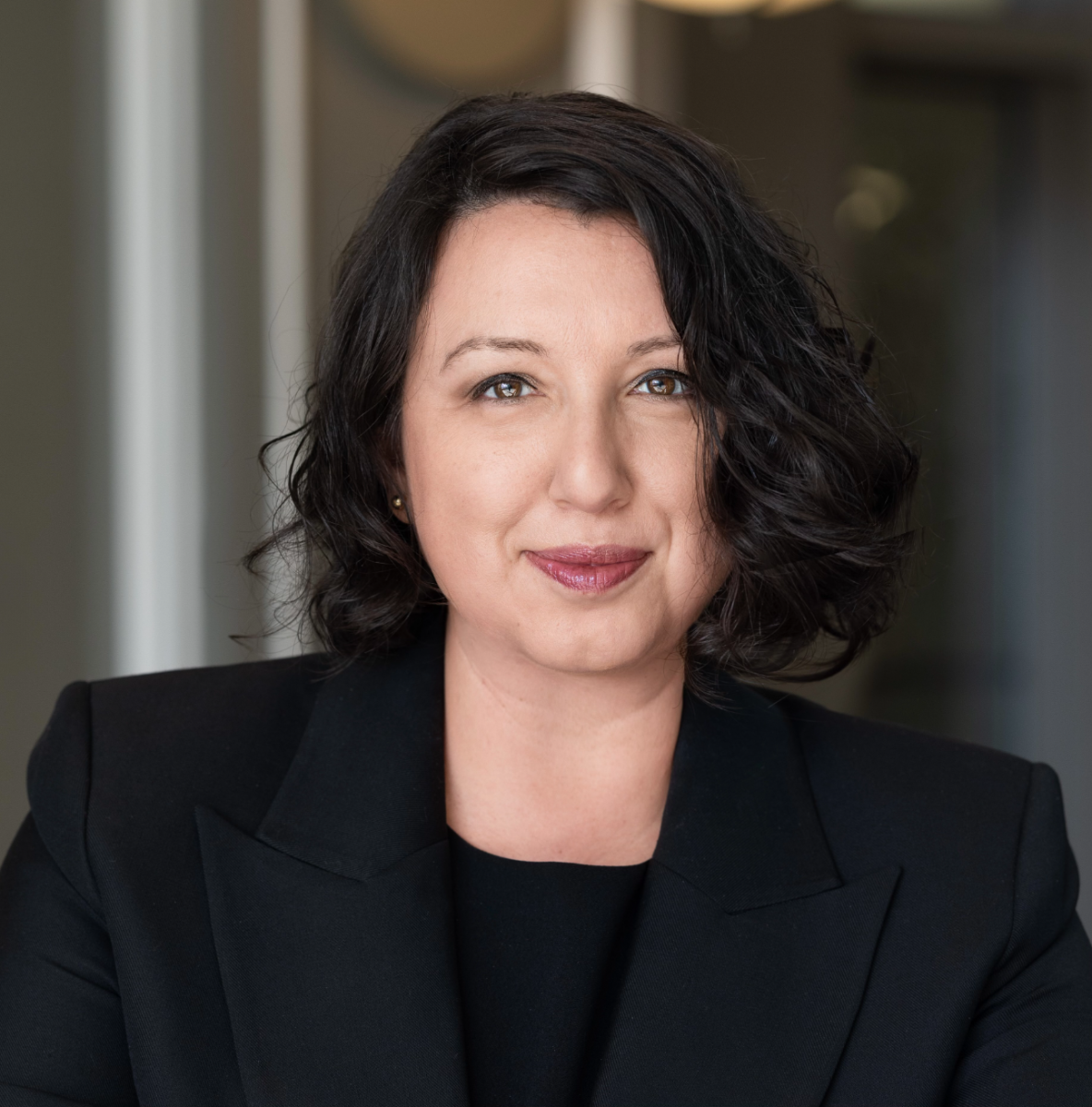Nancy Aries, Director of the Marxe School of Public and International Affairs and the honors program led the “Unheard Tea” event that drew the attention of approximately 25 students and faculty members on March 10.
“You probably wouldn’t think people would come to an event like this, but it was a great turnout,” said Reshma Jaigobin, a student life activities advisor and graduate student at the Marxe School of Public Affairs.
Many attendees agreed that women are expected to be superwomen and juggle the roles of being a supermom, a super-wife, and a super-employee.
A faculty member shared that she feels like she consistently plays the role of having everything under control at work and needs to always remain calm.
Other women in the room said that their families have pressured them into balancing their work and homelife because if they spend too much time at work or school, they’re then neglecting their family.
With the stress of expectations from every corner of their lives, some people set aside time for self-care and self-reflection.
Engaging in activities as simple as talking to friends and families about these issues is an outlet that many, like Kimberly Ayala, an accounting major and treasurer of the Women’s History Month Committee, turn to.
However, for some people this may not be the case.
“Being Latino, you’re taught to keep to yourself,” said Luis Villareal, a first-year accounting major. “I resolve my issues on my own.”
Some students, like Rafia Islam, a junior majoring in digital marketing management, said that she sets aside time to simply talk a walk, watch a good show or cook.
Church is also an outlet that some people turn to. When friends couldn’t relate to the issues going on in their lives, being actively involved in church helped the people get through what they were experiencing.
“When you’re multicultural, you’re kind of between worlds,” said Lida Kokaya, a senior majoring in sociology. She explained that sometimes there are cross-cultural issues that other people might not be able to understand and give advice on.
As the topic shifted to career choices, many people admitted they received different advice. Some were told to get an education first so they wouldn’t have to rely on their husband.
One faculty member said that there is also nothing wrong with wanting to be a young parent. Many people prejudge young parents and expect them to fail, when, in actuality, some of these parents do a good job in raising their children.
However, many agreed that parents generally have a timeline laid out for their children by giving them a deadline of which age to finish college, get a job and start a family by.
Villareal, for instance, said that because both of his parents pursued doctorates in Ecuador and his older siblings didn’t want to go to college, he feels the pressure of pursuing the American dream that his parents want for him — a college education and a good paying job.
Many women of the room felt like there were mixed messages given. One student expressed that her family encouraged the women in her family to first get a job and become someone, but once they turn 25 years-old, they pressure them into having children by getting married.
“I’m here trying to change the world, but then my grandma is like, ‘When am I going to hold your baby?’”said Kokaya who has expressed that she has big plans for her future, yet her family still has the expectation she’ll have her own children soon.
Society has been more accepting of women joining the workforce in recent years, but has also taken advantage of the situation by forcing families to rely on the incomes of both men and women, as opposed to one party alone, according to one student.
“We have the Counseling Center where people can talk about their problems individually, but what other spaces do we have for students to talk about that we’re having today, or the issues that were so pressing from way back when,” said Jaigobin, emphasizing that many students and faculty rely on discussions like these to share their thoughts.








